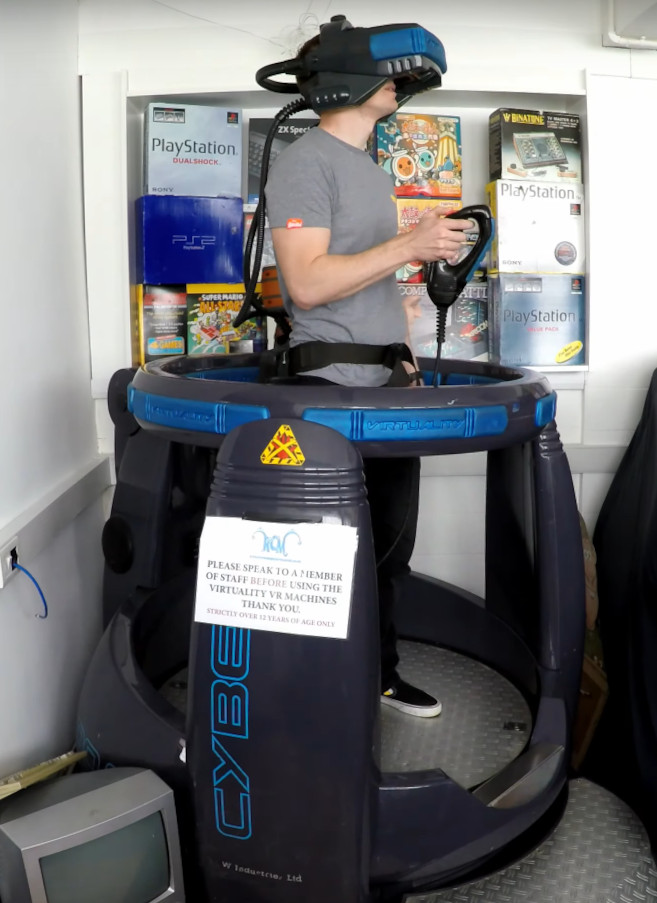Innovative Study of [177Lu]Lu-NeoB in Advanced Breast Cancer Patients
![Innovative Study of [177Lu]Lu-NeoB in Advanced Breast Cancer Patients](https://lvezheqocglfuoyqaelg.supabase.co/storage/v1/object/public/news-images/news-images/article_10426_innovative-study-of-177lulu-ne_1750903224985.jpg)
A pivotal phase Ib clinical trial, designated TPS 24, is currently investigating the efficacy of [177Lu]Lu-NeoB in combination with ribociclib and fulvestrant for patients suffering from estrogen receptor-positive (ER+)/HER2-negative (HER2−) advanced breast cancer (ABC) with gastrin-releasing peptide receptor (GRPR) expression. This study, which is open for enrollment, is crucial for patients experiencing early relapse from adjuvant endocrine therapy or progression while on endocrine treatment alongside CDK4/6 inhibitors.
The study arises from a significant clinical gap; according to Dr. Radhika Appaya, a lead investigator at the Miami Breast Cancer Conference, “While ribociclib and endocrine therapy have improved progression-free survival and overall survival rates for patients, there remains a pressing need for new treatment options for those who progress on standard therapies.” As per the study protocol, eligible participants must have experienced recurrence within 12 months post-adjuvant therapy or progression after at least one line of endocrine treatment with or without a CDK4/6 inhibitor.
The TPS 24 trial aims to determine the recommended dose of [177Lu]Lu-NeoB, a first-in-class radioligand therapy that selectively binds to GRPR, in conjunction with ribociclib and fulvestrant. It involves dose escalation across four provisional levels, starting at 100 mCi. Dr. Kevin Perraud, a co-investigator, emphasized the importance of the trial’s design: “By backfilling previously cleared dose levels, we aim to collect comprehensive safety and efficacy data, which is critical in achieving our primary and secondary outcomes.”
Primary outcomes include the incidence and nature of dose-limiting toxicities (DLTs) and adverse events, while secondary outcomes will explore preliminary antitumor activity, pharmacokinetics, and biodistribution of the treatment combination. The trial plans to enroll approximately 48 patients over the course of its duration, with the clinical trial identifier NCT05870579.
The potential impact of this trial extends beyond individual patient outcomes; it may reshape treatment paradigms for advanced breast cancer globally. According to a report by the World Health Organization (WHO) published in 2022, breast cancer remains the most prevalent cancer worldwide, highlighting the critical need for innovative therapies that can improve survival rates. Furthermore, ongoing research into the mechanisms of GRPR expression may open new avenues for targeted treatments in the future.
The TPS 24 study is not only a beacon of hope for patients with limited options but also a significant stride in the broader fight against breast cancer. As the trial progresses, it may provide valuable insights into the role of radioligand therapies in oncology, potentially influencing treatment strategies for various cancer types. The medical community eagerly anticipates the results, which could herald new advancements in personalized cancer care.
Advertisement
Tags
Advertisement





